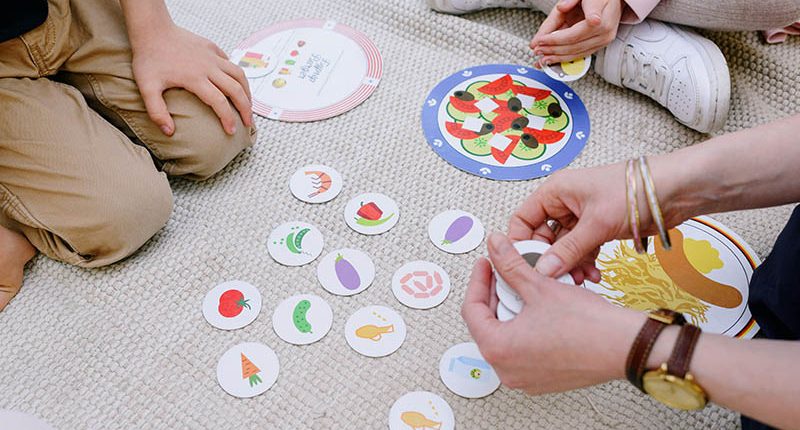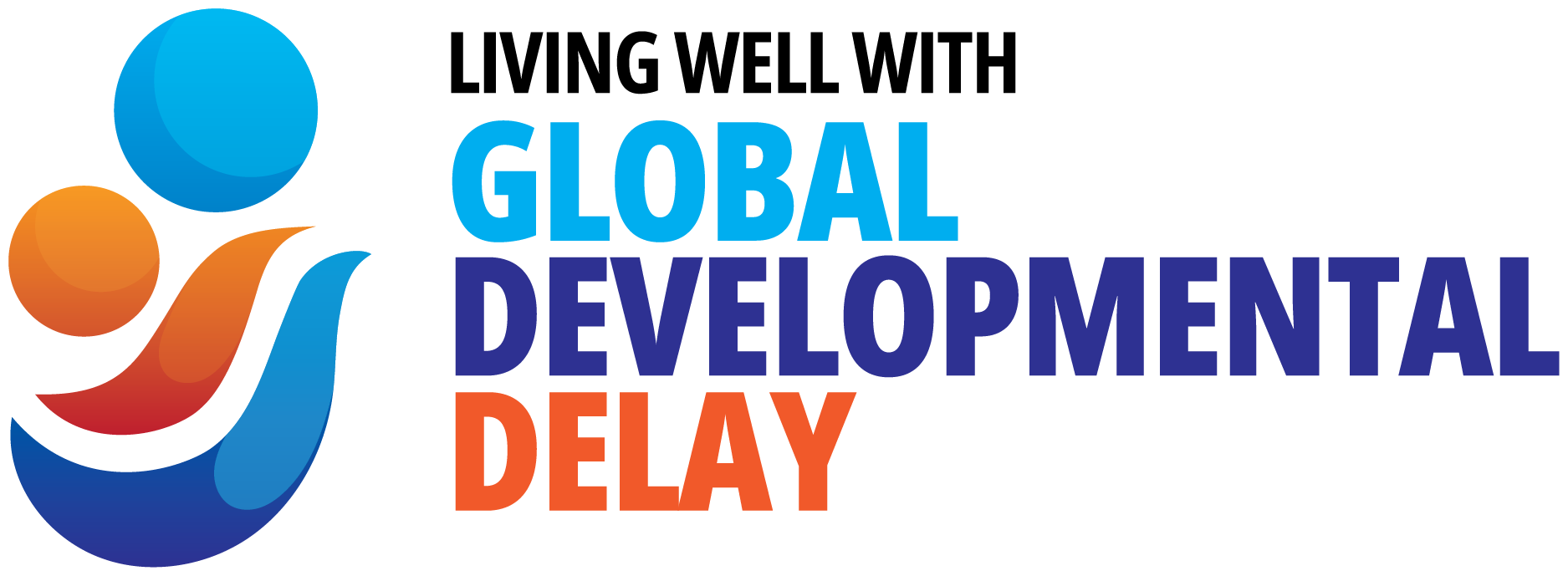Blog
Navigating Extra-Curricular Activities for Children with Global Developmental Delay: A parent’s experience
- May 13, 2024
- Posted by: gl0b4dm1n
- Category: Global Developmental Delay

As a parent of children with Global Developmental Delay (GDD), I understand firsthand the importance of extra-curricular activities in enhancing their social, emotional, and physical motor skills. However, navigating the world of community sports and other extra-curricular activities for children with disabilities can be overwhelming, I totally get it, especially for those of us living in regional areas.
Finding suitable extra-curricular activities has been both challenging and rewarding. Our journey has been a testament to trial and error. In this blog I’ll delve into the strategies we’ve employed, and the valuable lessons we’ve learned along the way.
Where it began: A starting point
Swim little fish, swim!
We know that swimming offers a multifaceted array of benefits, from social interactions, physical fitness, confidence building, water safety, inclusion, and accessibility, providing relaxation, and sensory input from deep pressure.
Living in Australia, surrounded by water we know too well the dangers for children when it comes to water, particularly those with a disability, so for us this was important for our children to be involved in.
Our first encounter was met with the piercing screams of my children (then aged 4 and 5), their sensory overload evident in their panicked reactions. Despite my hopes, joining the swim class proved to be a formidable challenge as they continued to scream and struggle with the overwhelming environment. Determined not to give up, I returned the following week only to encounter the same response. Disheartened but undeterred, I retreated home that night, ready to reassess and devise a new plan of action.
After reaching out to our occupational therapist and recognising the need for a different approach, we made the difficult decision to cancel our group swim lessons and instead focus on taking baby steps. Our OT became instrumental in this process, conducting sessions with the children at the pool to gradually acclimate them to the environment. Witnessing their growing comfort over time marked our first little victory in this journey.
After a few months with the OT sessions, we spoke with NDIS who was able to cover the gap cost between group sessions and private lessons. I made the decision to switch to private lessons. Prior to starting, I met with the coordinator and teacher, providing them with an “about me” book that detailed my children’s preferences, challenges, and support needs. This personalised resource proved invaluable in ensuring the instructors were equipped with the necessary information to support my children effectively. I’ll touch on this book later in the blog.
We scheduled the private lessons for 6.30pm in the evenings, this proved to be a game-changer for our family. Not only did it align well with our routine, but it also alleviated the stress of the dreaded nighttime routine, leaving us with one less thing to tackle before bedtime. Swimming nights were great because we would feed the kids before we left (dinner around 5.30) then we would take them to the pool they would swim from 6.30 till around 7.30-8pm. I would take their pjs to the pool and have them showered and dressed there and then straight into bed when we got home. Additionally, the later sessions meant the pool was quieter, with fewer lessons running, which was ideal for our sensory-sensitive children.
Starting in a 1:1 class allowed our children to receive individualised attention and support as they built their swimming skills and confidence. Over time, they progressed to a 2:1 class, where they had the opportunity to observe and interact with other children in the pool. These post-lesson play sessions became invaluable opportunities for them to enhance their social skills while enjoying the company of their peers.
Through this tailored approach and gradual progression, our children not only developed their swimming abilities but also gained valuable life skills and experiences.
Football: Fostering Spatial Awareness and Inclusivity
Football emerged as another beneficial activity for one of our children, particularly in developing spatial awareness and coordination. Despite the limitations of living regionally, we were fortunate to initially find a football club willing to modify their sessions to accommodate our child’s needs.
Open communication with club members was key in ensuring a supportive and inclusive environment. We provided ongoing support throughout the sessions, offering guidance and assistance where needed. This collaborative approach not only benefited our children but also fostered a sense of inclusivity within the club community.
Leveraging Support Workers and Specialist Input
In addition to traditional sports, we explored activities like dance and gymnastics, leveraging the support of dedicated support workers to accompany our children to classes. This additional support enhanced their experience and participation in class settings.
Working closely with specialists and mentors played a significant role in our children’s development. Recently, we discovered a mentoring boxing club tailored to our son’s goals and needs. The mentor’s guidance and expertise have been instrumental in his progress. He has developed further spatial awareness and friendships.
The Power of Personalised Resources: The “About Me” Book
Our “about me” book started as a simple idea born out of a desire to ensure that everyone interacting with our kids really ’got’ them. It’s more than just a photo album or a medical file, it’s a personalised glimpse into who our children are beyond their diagnoses.
The goal was to create a deeper connection and understanding between our kids and the people who support them. It’s like giving them a backstage pass to our children’s lives, complete with all the quirks, challenges, and triumphs that make them who they are.
Right on the front cover, you’ll find a cheerful photo of our kids, as you flip through the pages will be information related to them, from their basic information, medical and disability information to the things that make them, them, the food they like, and favourite toys.
We wanted the book to be dynamic and versatile, as our kids themselves. So, depending on where we are sharing it, we add extra information. For school teachers we would put reports from therapists and specialist and for sporting clubs and extra-curricular activities we add notes of physical abilities and any adaptions they may need to participate.
This is nothing flash, it is good old word pages, use of the work printer and plastic slip folder.
And you know what? It’s made a world of difference. From teachers to coaches, having this personalised resource on hand has sparked conversations, opened doors, and paved the way for more inclusive experiences. It’s not just a book; it’s a bridge, one that helps build empathy, foster collaboration, and celebrate the unique magic of each child.
Conclusion: A Journey of Growth and Resilience
In conclusion, the journey of navigating extra-curricular activities for children with GDD is one marked by resilience, adaptability, and collaboration. Despite the challenges and uncertainties, our experiences have reaffirmed the transformative power of creating inclusive sports and activities to promote our children’s development and well-being.
By embracing trial and error, leveraging support networks, and advocating for inclusivity, parents can create meaningful opportunities for their children to thrive. As we continue this journey, we remain committed to providing our children with enriching experiences that nurture their unique abilities and strengths.
To my fellow parents out there, I have a piece of advice that’s been hard-earned through my own journey: take it one step at a time. It’s easy to get caught up in the big picture and feel overwhelmed by all the challenges ahead, especially when you’re navigating the world of disabilities. But trust me when I say that progress doesn’t always come in leaps and bounds. It often comes in tiny, hard-fought victories.
So, don’t be discouraged if your first attempt at something doesn’t go as planned. Maybe that swim class ended in tears, or the soccer team just wasn’t the right fit. Take a breath, regroup, and remember that there’s more than one path to success. Sometimes, all it takes is a change of scenery or a different approach to unlock your child’s potential.
And don’t ever underestimate the power of advocacy. Your voice matters, and your child deserves every opportunity to thrive. If you encounter a barrier or a lack of inclusivity, don’t be afraid to speak up. Share your knowledge, your experiences, and your ideas for making things better. Together, we can all play a part in creating a world where every child is valued, supported, and included.
So, to all the parents out there, remember take it one day at a time, celebrate the small victories, and never stop fighting for what your child deserves. You’ve got this, and your child is lucky to have you in their corner.
Elyshia Kingston, Parent
